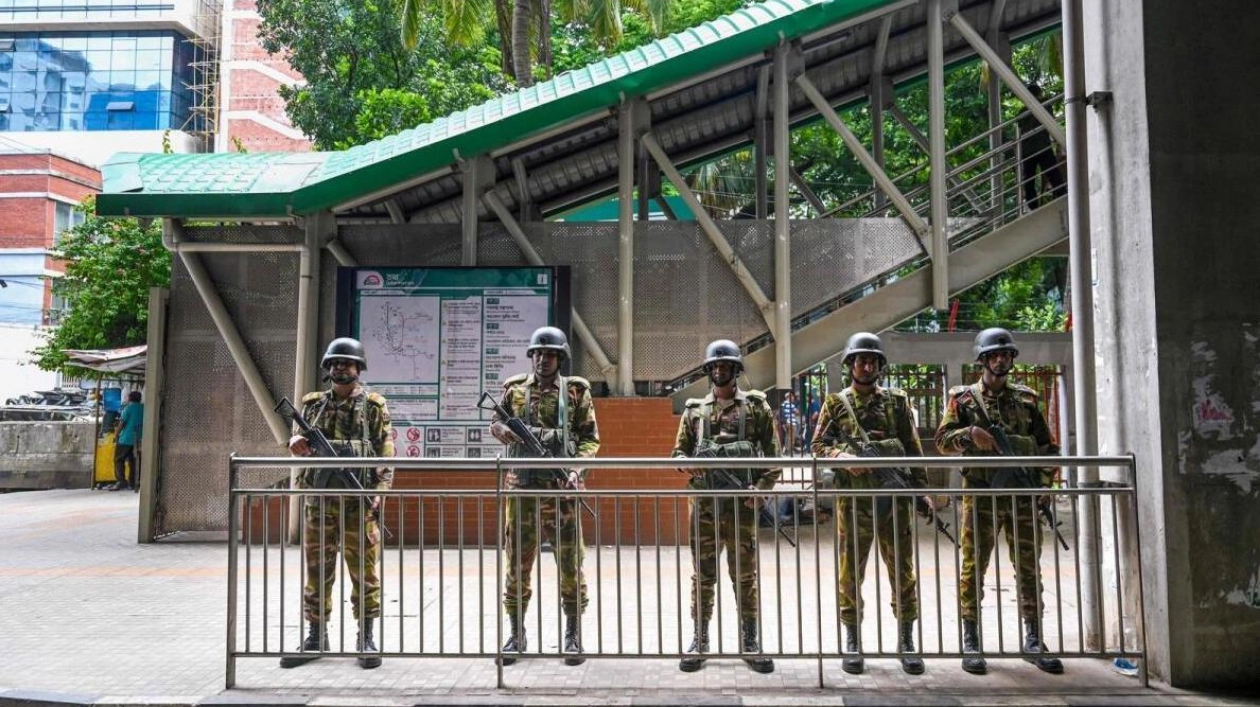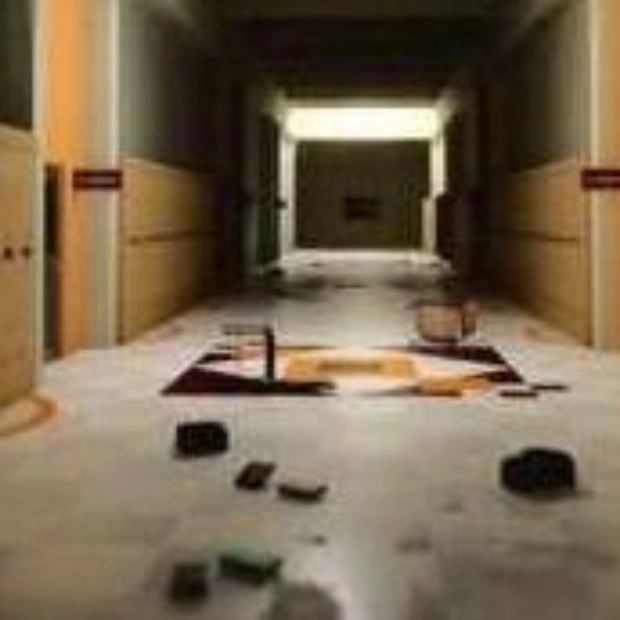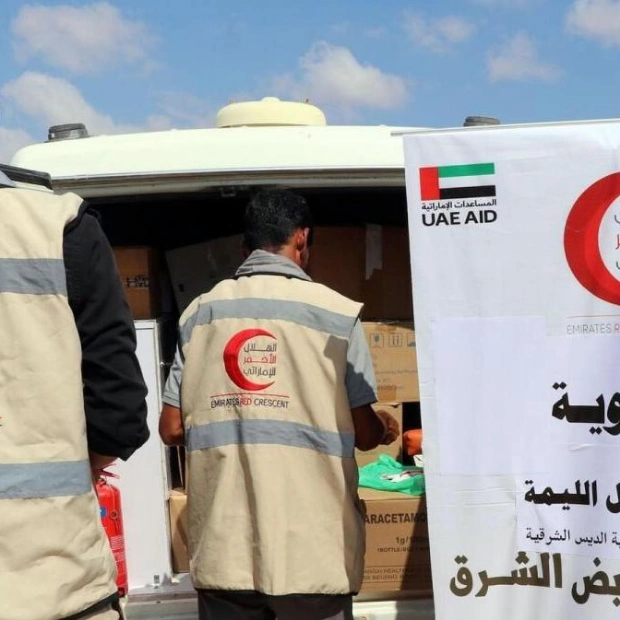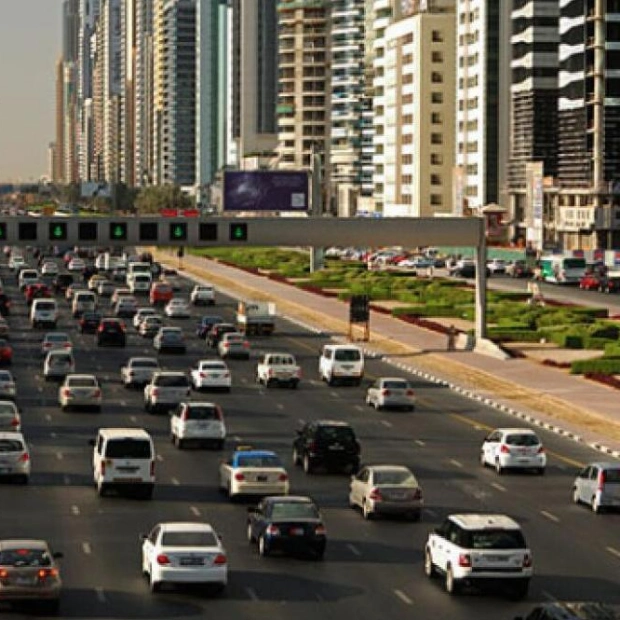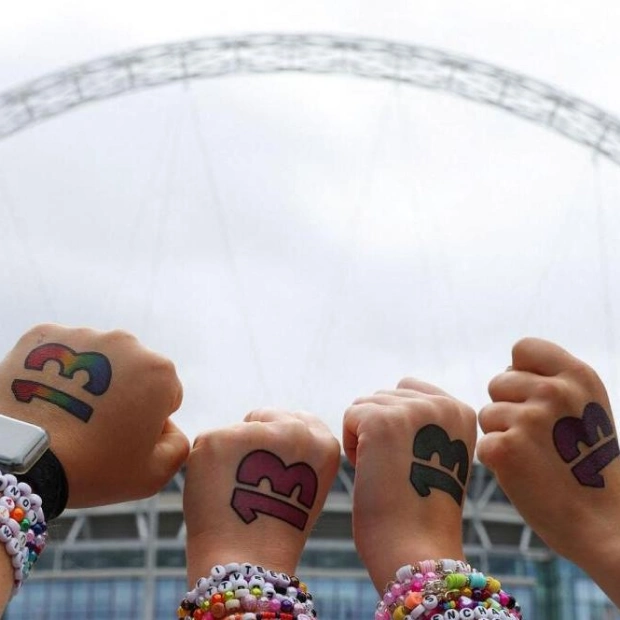A Bangladeshi student group has pledged to restart demonstrations that led to a deadly police crackdown and widespread chaos unless several of their leaders are freed from detention on Sunday. The recent violence, which claimed at least 205 lives according to an AFP tally based on police and hospital records, marks one of the most significant disruptions during Prime Minister Sheikh Hasina's 15-year rule. Army patrols and a nationwide curfew continue to be enforced more than a week after their implementation, and a police dragnet has detained thousands of protesters, including several student leaders.
Members of Students Against Discrimination, whose campaign against civil service job quotas triggered the unrest, announced they would end their week-long protest hiatus. The group's leader, Nahid Islam, and others "should be released and the cases against them must be withdrawn," stated Abdul Hannan Masud during an online briefing on Saturday. Masud, who is in hiding from authorities and did not reveal his location, also demanded "visible actions" against government ministers and police officers responsible for the deaths of protesters. "Otherwise, Students Against Discrimination will be compelled to initiate tough protests" from Monday, he warned.
Islam and two other senior members of the protest group were forcibly discharged from a hospital in Dhaka and taken away by plainclothes detectives on Friday. Earlier in the week, Islam told AFP he was being treated for injuries sustained during an earlier detention and feared for his life. Home Minister Asaduzzaman Khan stated that the trio was taken into custody for their safety but did not confirm if they were formally arrested. Police informed AFP that two others were taken into custody, while a Students Against Discrimination activist said a third was detained on Sunday morning. At least 9,000 people have been arrested nationwide since the unrest began, according to Prothom Alo, Bangladesh's largest daily newspaper.
While the curfew imposed last weekend remains in effect, it has been gradually relaxed throughout the week, indicating the Hasina government's confidence in restoring order. Telecommunications Minister Zunaid Ahmed Palak announced that the country's mobile internet network would be restored later on Sunday, 11 days after a nationwide blackout during the peak of the unrest. Fixed line broadband connections had already been restored on Tuesday, but the majority of Bangladesh's 141 million internet users rely on mobile devices for connectivity, according to the national telecoms regulator.
Protests erupted this month over the reintroduction of a quota system reserving more than half of government jobs for specific groups. With around 18 million young Bangladeshis unemployed, according to government figures, the move deeply distressed graduates facing a severe employment crisis. Critics argue that the quota system is used to fill public jobs with loyalists to the ruling Awami League. The Supreme Court reduced the number of reserved jobs last week but did not meet protesters' demands to abolish the quotas entirely. Hasina has governed Bangladesh since 2009 and secured her fourth consecutive term in January after an election without genuine opposition. Her government is accused by rights groups of abusing state institutions to consolidate power and suppress dissent, including the extrajudicial killing of opposition activists. Protests had been mostly peaceful until last week's attacks by police and pro-government student groups on demonstrators.
